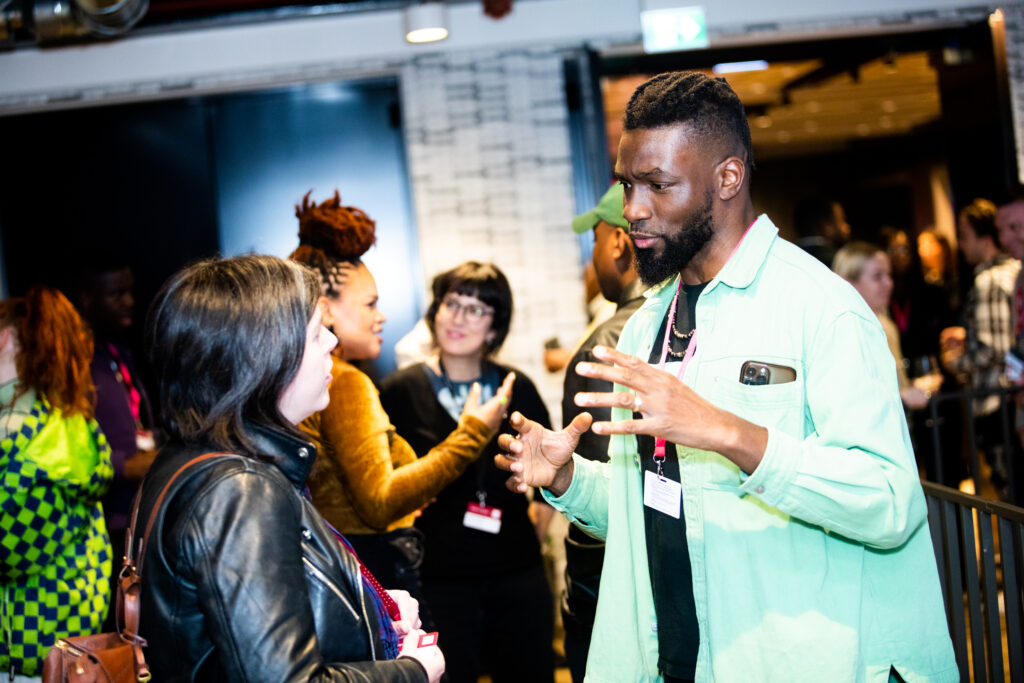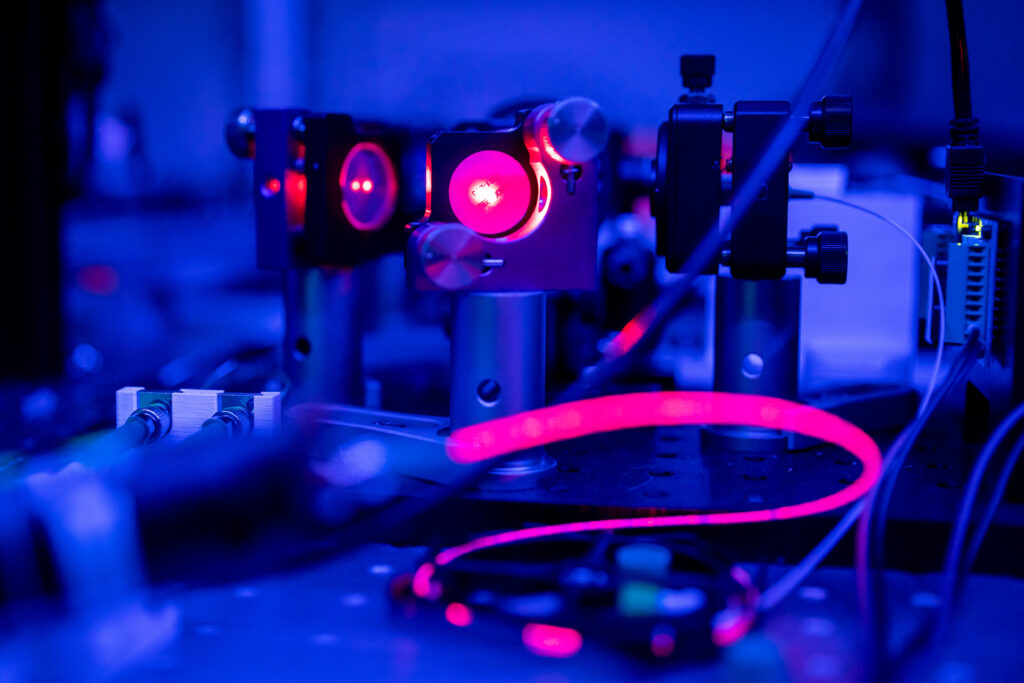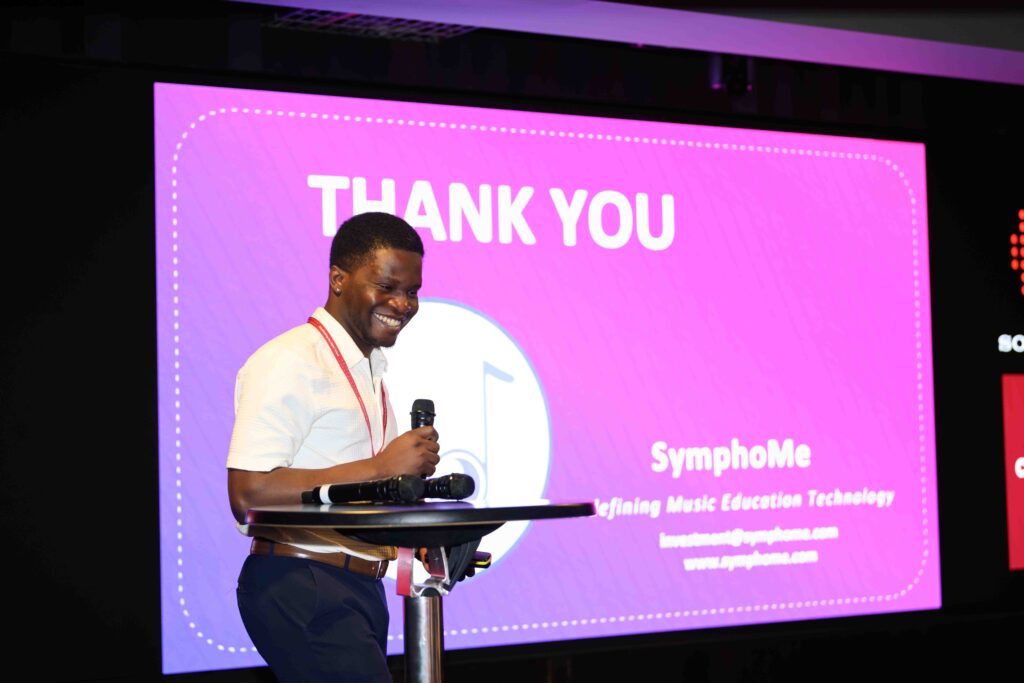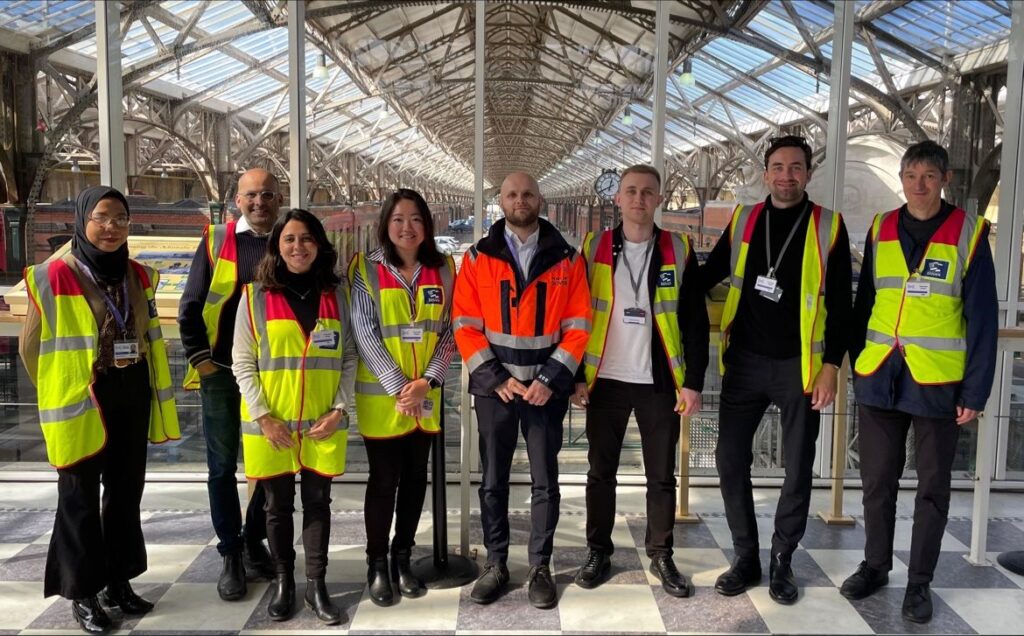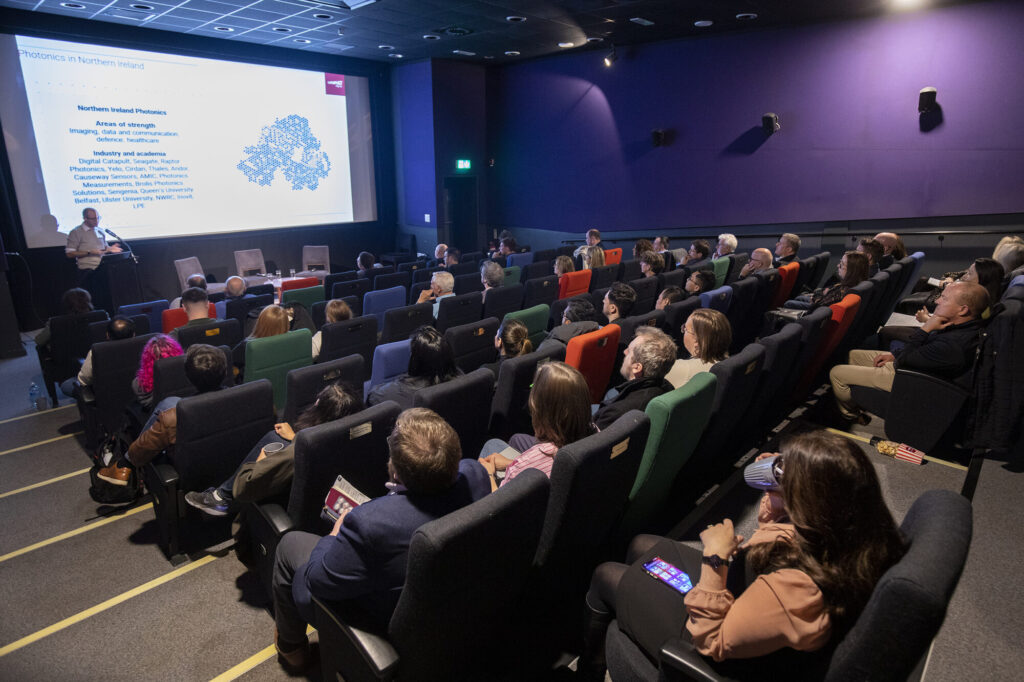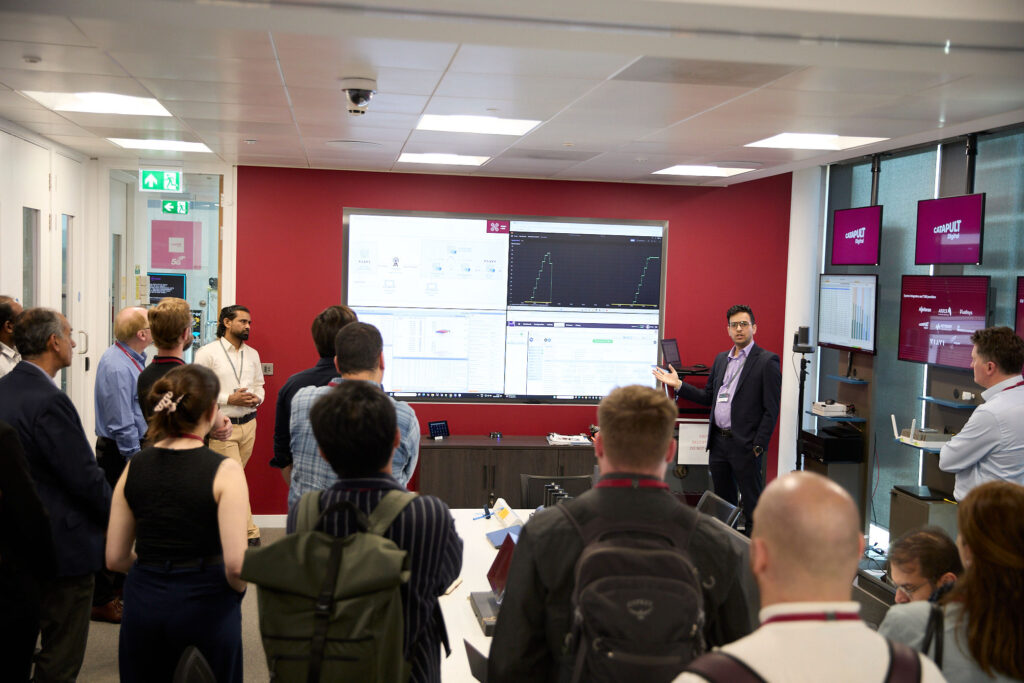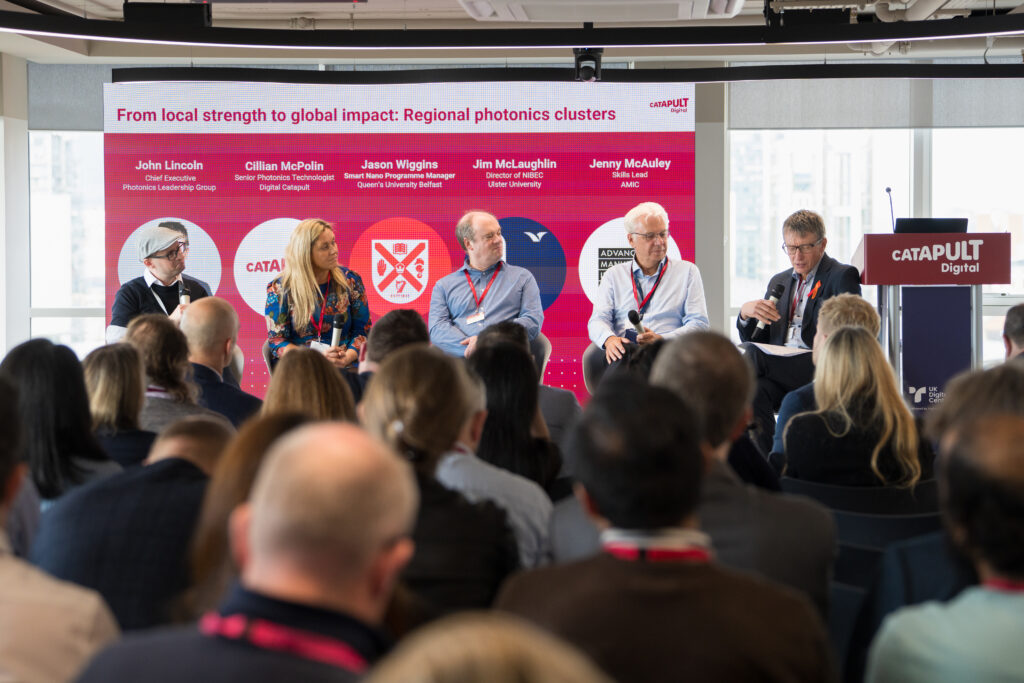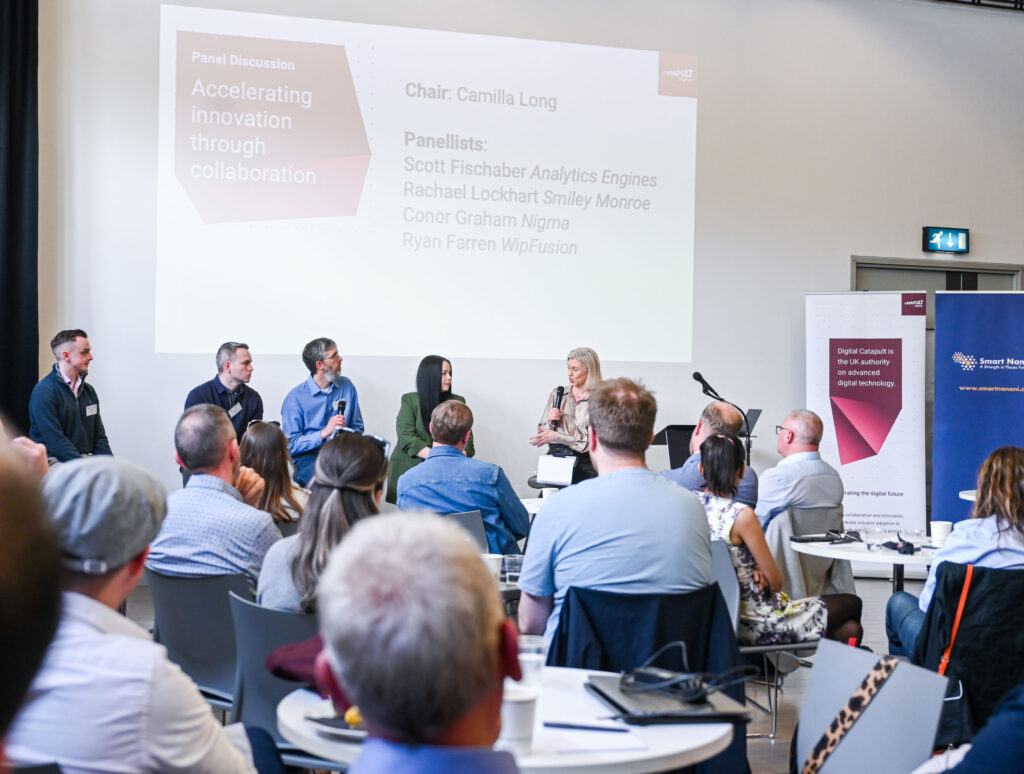Digital Catapult, a deep tech innovation organisation, is driving the development and deployment of open and future networks across the UK through its latest quantum innovation programme. The programme demonstrated how quantum technology could address complex challenges across energy, defence and telecommunication, with industry leaders including BAE Systems, MBDA, and Vodafone. Vodafone’s results highlighted how quantum innovation can reshape advanced connectivity, speed up network expansion and integrate deep tech into UK industry.
The UK’s quantum sector contributes approximately £1.7 billion annually to the economy and, as 55% of the 574 UK quantum companies are startups, there is a clear need for further intervention to support these small businesses as they scale and commercialise their transformative solutions. With quantum computing set to boost UK productivity by up to 8.3% by 2055, Digital Catapult’s Quantum Technology Access Programme is playing an important role in accelerating the practical application of this deep tech into industry, enabling deep tech quantum startups to scale successfully, and establishing new ways to decarbonise operations and improve supply chain resilience.
Digital Catapult’s Quantum Technology Access Programme is designed to increase the quantum preparedness of industry leaders in growth sectors who want to better understand how to practically apply deep tech quantum innovation to their operations, with the support of partners ORCA Computing, Q-CTRL and RiverLane. Industry leaders Rolls Royce, Airbus and the Port of Dover were part of the inaugural cohort that saw a 26% increase in confidence around the adoption of quantum technologies.
The UK telecommunications sector is undergoing digital transformation, prompting businesses to consider new solutions to maintain competitiveness and meet growing demand for improved and advanced connectivity solutions. To determine how quantum computing could benefit the telecommunications sector, Vodafone worked with Digital Catapult, ORCA and RiverLane to investigate how quantum innovation could optimise its network and solve the Steiner Tree Problem, a complex mathematical challenge used to identify the most cost-efficient way to expand a network. Using the ORCA PT-2 quantum system – Asteridia – Vodafone was able to solve the problem in just a few minutes, a task that would take over an hour to solve on a classical computer.
Vodafone’s success is testament to the transformative potential of quantum technologies to design and manage next-generation telecoms networks, powering advanced connectivity in the UK and beyond. This breakthrough highlights how quantum technologies can drive efficiencies, reduce infrastructure costs, and accelerate the deployment of future-ready networks, positioning the UK as a global leader in innovation and future connectivity.
Other success stories from the programme include Simulex, which explored the use of quantum to optimise complex energy networks with a focus on green hydrogen systems, a critical technology in a future decarbonised energy mix. Simulex modelled a complex network of renewable energy sources, including variable demand and energy storage options. The quantum computer model enabled greater speed and precision, supporting Simulex to maximise renewable energy use while reducing energy losses, costs, and environmental impact.











